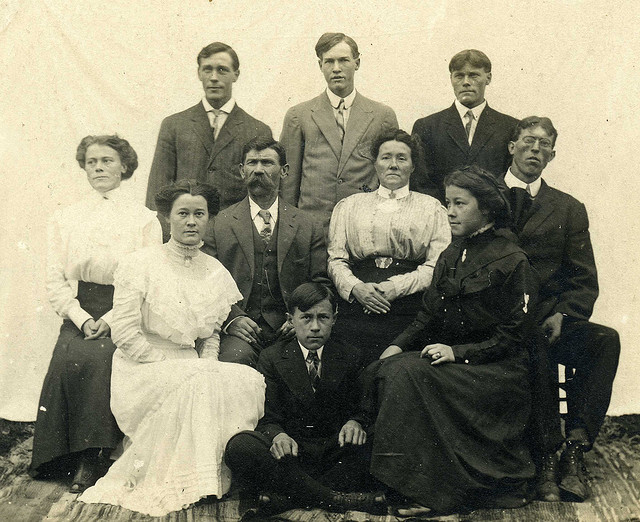The family unit gets a reboot
By Carrie Shepherd

The family unit gets a reboot
By Carrie Shepherd
When you hear the word “family” what image does that create? People laughing around the dinner table? Maybe it’s yelling and screaming at holidays. They could be the people who help you in a pinch, or cause you great anxiety and stress. As the saying goes: “You can pick your friends, but you can’t pick your family.” While we all have different feelings and emotions associated with the term, we also have varying ways to define it.
Sociologist Brian Powell of Indiana University and his colleagues set out to learn more about these different ways we see “family.” The research is compiled in the book Counted Out: Same-Sex Relations and Americans’ Definitions of Family. Mom, dad, 2.5 children and dog isn’t our only definition of the family unit anymore (but 100% of respondents did define that a man, woman and child is a family). With same-sex couples marrying in some states, married couples not having children and couples co-habitating and raising children, there are many ways to define it.
Powell and his co-authors classify respondents by three categories: Exclusionists, Inclusionists and Moderates. Exclusionists do not consider same-sex couples a family. Inclusionists think that if the members consider one another family, that’s enough. The moderates, as you’d expect, walk a blurry line. Responses in this group include the opinion that same-sex couples without children are not a family, but if a daughter or son is in the picture, that changes.
The survey also asked participants how they feel about gay adoption, single parents and religious ideology, among other issues. Brian Powell joins Steve Edwards on Afternoon Shift to explain some surprises in their answers and what we can learn from the numbers.
